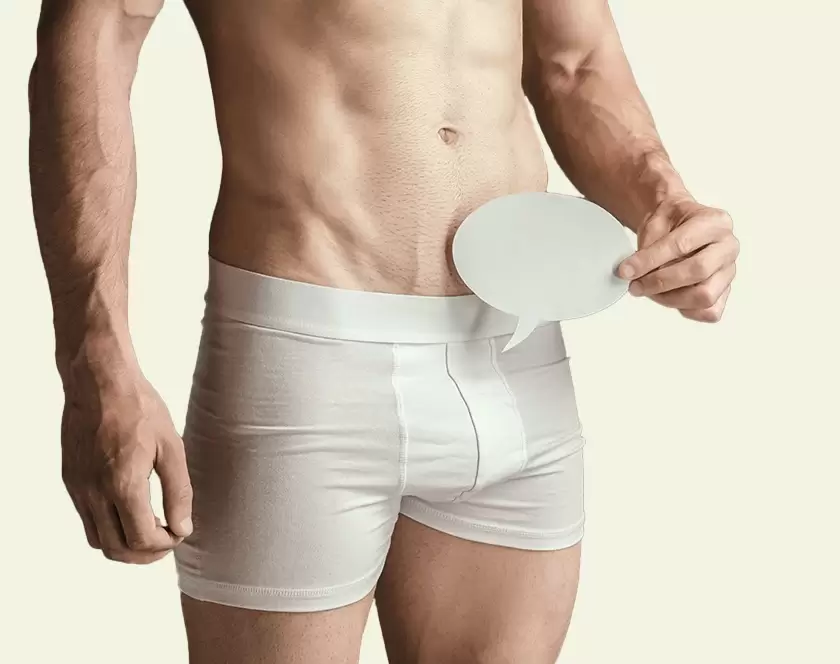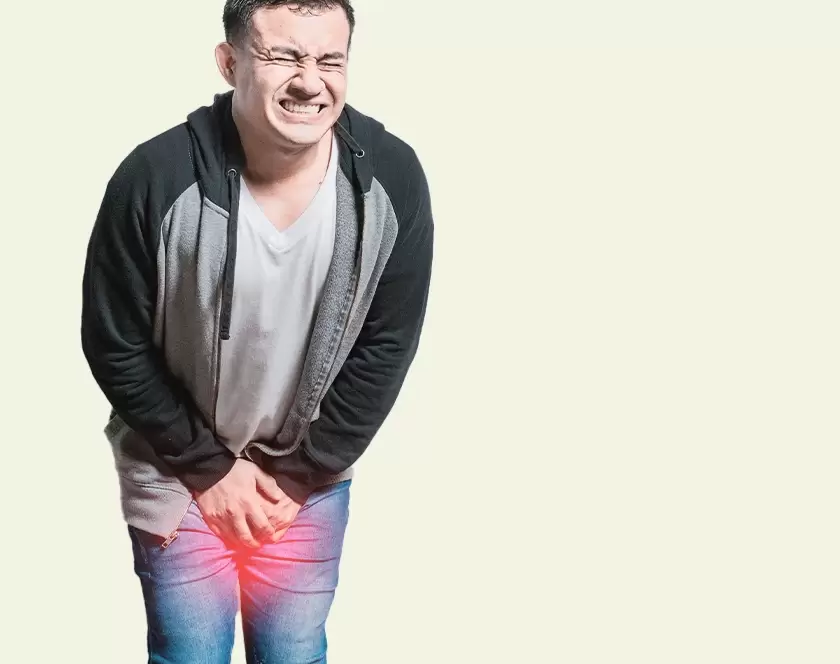Restoring Normalcy and Confidence with Hypospadias Correction
Hypospadias Correction, a crucial pediatric surgical procedure offered at Elegance Clinic in Surat, Gujarat, India, is expertly performed by our skilled team led by Dr. Ashutosh Shah. Hypospadias, a congenital condition where the urinary opening is located on the underside of the penis rather than at the tip, can lead to challenges in urination, increased risk of urinary tract infections, and potential psychological impacts as the child grows. Our clinic specializes in correcting this condition, typically in boys aged between 6 to 10 months, ensuring the urinary opening is relocated to its normal position.
Addressing hypospadias early in life is vital to prevent long-term complications related to urinary function, sexual health, and psychological well-being. Our approach to hypospadias correction involves precise surgical techniques tailored to the severity and type of hypospadias, ranging from glanular to penoscrotal variants. We prioritize the safety and comfort of our young patients, ensuring the best possible outcomes with minimal discomfort.
If you have any questions regarding our services, please contact us or call at +91 9879546805.
Expert Insights into Hypospadias Correctionby Dr. Ashutosh Shah
Hear from our patients
EXCELLENTTrustindex verifies that the original source of the review is Google. Had a vericose vein surgery for both legs.such a supportive doctors and team.Special Thanks to Dr.Aashutosh shah,sunnybhai and all the staff members for wondrful service.Trustindex verifies that the original source of the review is Google. Thank you sir your treatment is very goodTrustindex verifies that the original source of the review is Google. Very happy.. Very good service.. Very good staff..Trustindex verifies that the original source of the review is Google. Amazing staff, totaly supportive. Dr ashutosh sir & his Team totaly take care of the patients & does the procedure properly
Frequently Asked Questions
Having doubts and questions? These are few questions our customers normally ask us!
What age should hypospadias be corrected?
The ideal age for hypospadias correction is typically between 6 to 10 months.
How do you correct hypospadias?
Correction involves surgical techniques to relocate the urinary opening to its normal position.
When is the time of correction for hypospadias?
Early correction, usually within the first year of life, is recommended for optimal outcomes.
Can hypospadias be repaired?
Yes, hypospadias can be effectively repaired with surgery.
What is 1st stage hypospadias repair?
In severe cases, hypospadias repair may be done in stages, with the first stage involving the correction of the urinary channel.
Can hypospadias be treated without surgery?
Surgery is the primary treatment for hypospadias. Non-surgical options are limited and not typically effective.
Is hypospadias surgery risky?
As with any surgery, there are risks, but they are minimized with skilled surgical care.
Is hypospadias a serious problem?
While not typically life-threatening, hypospadias can lead to functional and psychological issues if not corrected.
Is hypospadias a major surgery?
The complexity of the surgery depends on the severity of hypospadias.
How painful is hypospadias repair?
Pain is managed effectively with anesthesia and post-surgery pain relief.
Is hypospadias normal?
Hypospadias is a common congenital condition and can be effectively treated.
Can a man with hypospadias get a woman pregnant?
Yes, fertility is typically not affected by hypospadias.
Can hypospadias surgery fail?
As with any surgery, there is a risk of complications, but failure is rare with experienced surgeons.
Does hypospadias affect sperm?
Hypospadias does not typically affect sperm or fertility.
Can a mother prevent hypospadias?
While the exact causes of hypospadias are not fully understood, maintaining a healthy pregnancy may reduce risks.
Can you pee with hypospadias?
Yes, but the stream may be misdirected or weak.
Does hypospadias affect size?
Hypospadias does not typically affect the size of the penis.
Does hypospadias affect girls?
Hypospadias is a condition specific to males.
Is hypospadias from mom or dad?
The exact cause is often unknown, but genetic factors may play a role.
Contact Us
Ready to discuss? Fill out our contact form for a confidential consultation.









